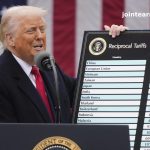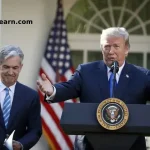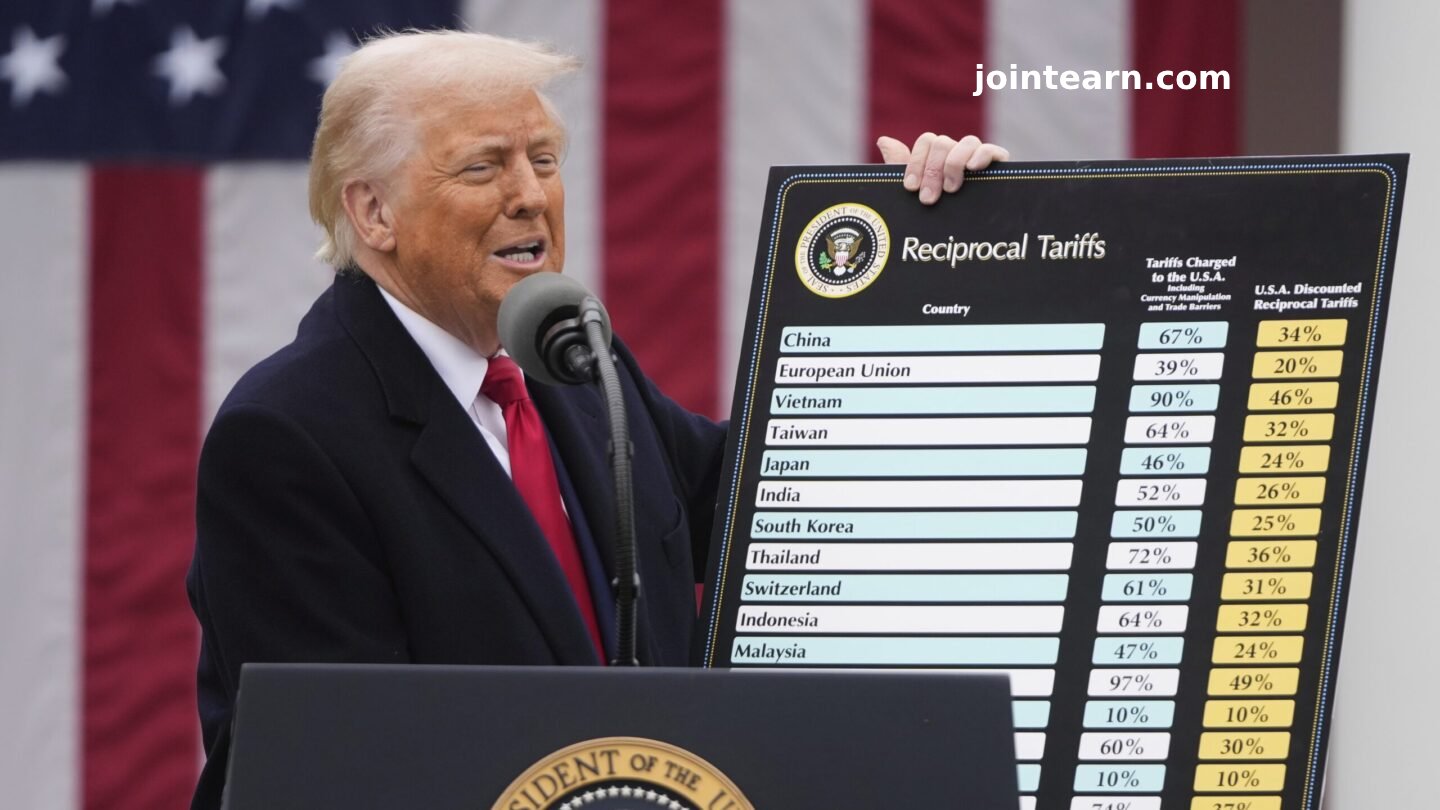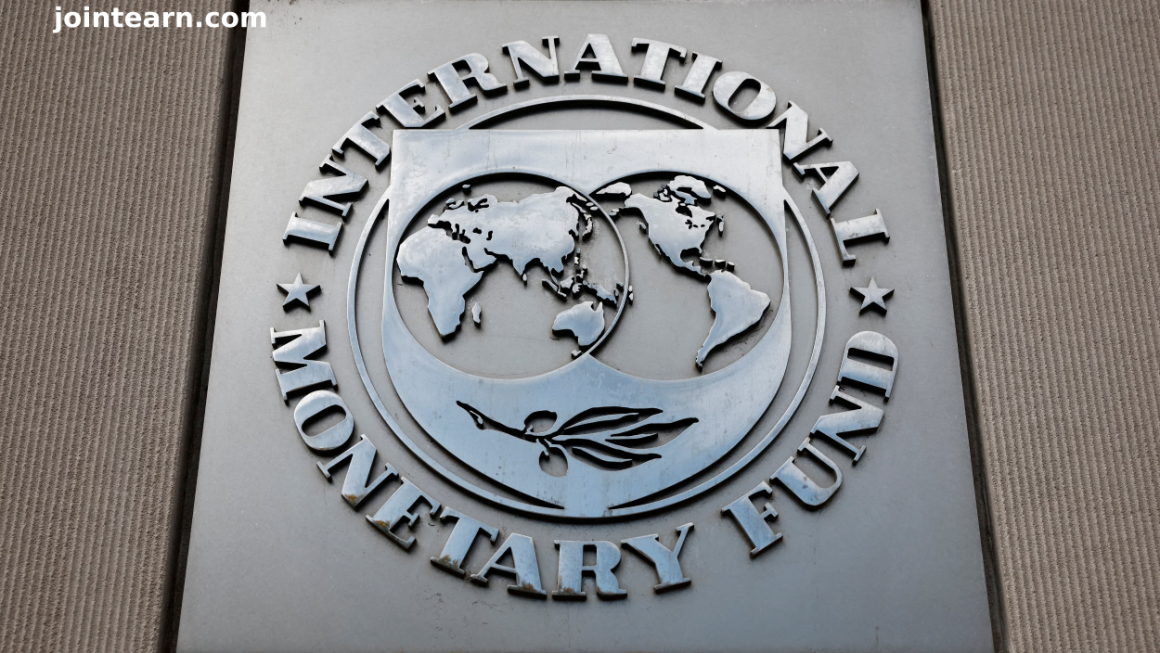A coalition of 12 U.S. states has filed a lawsuit aimed at blocking President Donald Trump’s controversial tariffs that have disrupted global trade. The legal action, spearheaded by New York’s Governor and Attorney General, challenges the president’s authority to impose these levies, arguing that such tariffs should require approval from Congress.
The lawsuit, filed in the United States Court of International Trade, asserts that the president overstepped his constitutional powers by invoking the International Emergency Economic Powers Act (IEEPA) of the 1970s. This law was originally designed to address national emergencies but has never been used to impose tariffs by any president, according to Congressional research.
Trump’s Tariffs and the IEEPA Controversy
The lawsuit contends that the IEEPA does not provide Trump with the authority to impose widespread tariffs on goods from countries like China, Mexico, and Canada, claiming that the law’s use for such purposes is both unprecedented and unconstitutional. It argues that tariffs, particularly those on Chinese imports, should require congressional approval rather than unilateral executive action.
By invoking the IEEPA, Trump has imposed significant tariffs on a range of goods, including a 145% tariff on Chinese imports, which has triggered a trade standoff and caused turbulence in global markets. The lawsuit also criticizes the president’s use of this law to unilaterally determine the scope and scale of tariffs based on what he considers to be a national emergency.
The White House Responds to Legal Challenges
In response to the lawsuit, the White House accused New York Attorney General Letitia James of prioritizing a “witch hunt” against President Trump over addressing national issues such as illegal migration and the growing fentanyl crisis at the U.S.-Mexico border.
White House spokesman Kush Desai stated that the administration remains committed to using “full legal authority” to address both the national emergency and the U.S. trade deficit. He further emphasized that Trump’s tariffs are part of a broader effort to correct what he perceives as unfair trade imbalances and protect U.S. economic interests.
Impact of Tariffs on U.S. Economy and Global Trade
Trump’s tariffs, particularly the 145% tax on Chinese imports, have sparked fears of an ongoing trade war, with economic repercussions both domestically and globally. The tariffs are part of Trump’s strategy to reduce the U.S. trade deficit, but critics argue that they have caused chaos in the American economy, affecting everything from consumer prices to international relations.
The tariff dispute has also led to retaliatory measures from China and other U.S. trading partners, creating a tense economic environment. While Trump has expressed optimism about striking a deal with China, he has also stressed that the 145% tariff remains a key leverage point in negotiations.
Recent Developments and Legal Challenges to Tariffs
Last week, California filed its own lawsuit against the Trump administration, reinforcing similar arguments about the legality of using the IEEPA for tariff imposition. Other states have also taken legal action, questioning the president’s authority and the broader implications for the U.S. economy.
In April 2025, Trump announced a temporary pause on most tariffs in an effort to address market backlash, reducing rates to 10% for some countries. However, China remained unaffected by this pause, with tariffs on Chinese goods continuing at the high 145% rate.
Ongoing Trade Tensions with Neighbors and China
The Trump administration has also imposed 25% tariffs on certain goods from neighboring countries, Mexico and Canada, as part of broader efforts to rectify trade imbalances. As trade negotiations continue, the global economy remains on edge, with market uncertainty tied to the outcome of these ongoing tariff disputes.












